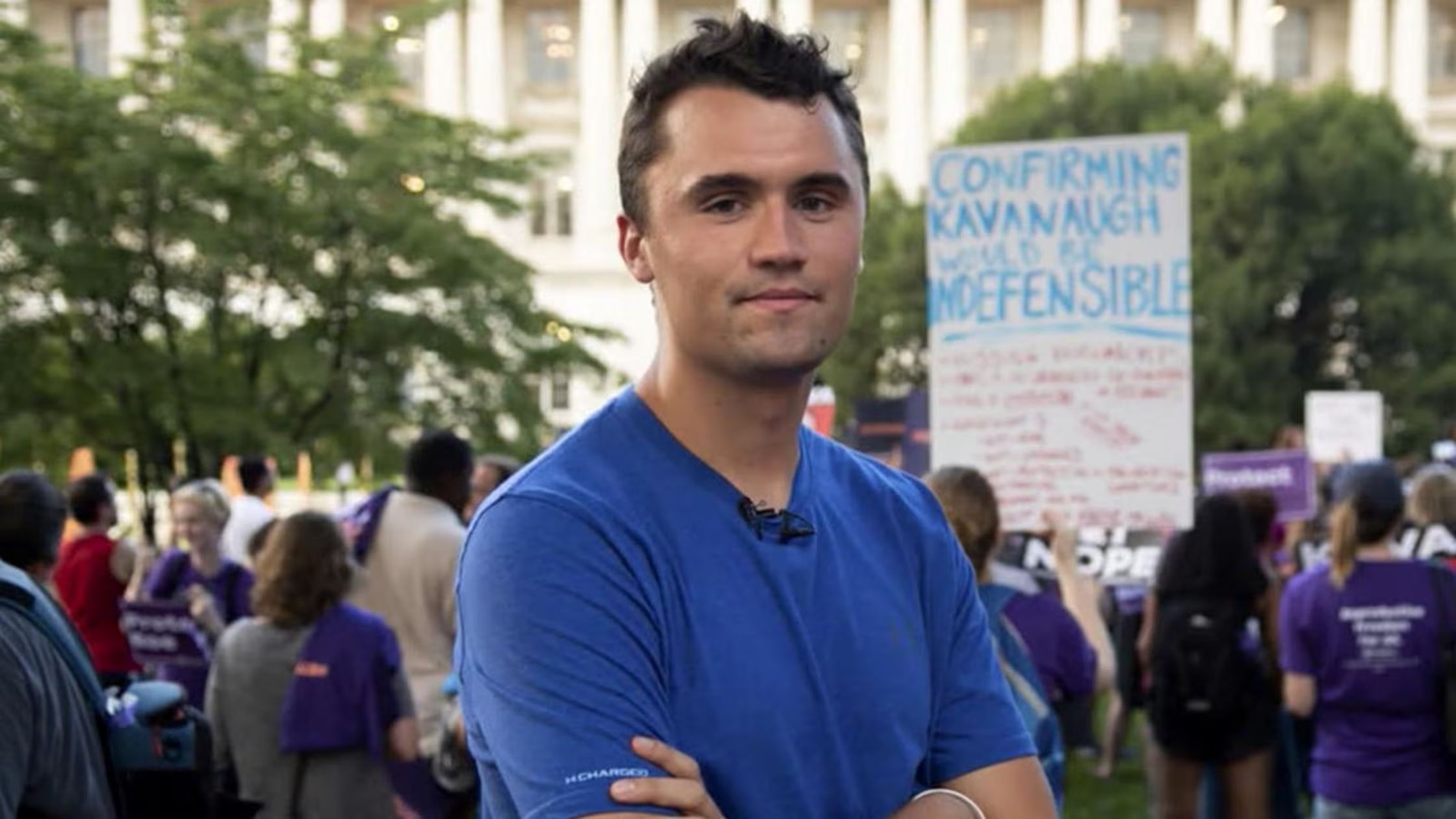A few days ago, a conservative lightning rod was silenced by a bullet at a university podium, just as the country teetered on yet another high-wire act of grief and grievance. In the shadow of Charlie Kirk’s death, two women—actress Kristin Chenoweth and actress Tony-nominated performer Bethany Anne Lind—used their social platforms in a way that revealed more about our moment than they ever intended. Their posts were not just expressions of sympathy. They were litmus tests for a nation that no longer agrees on what it means to grieve together, or even who deserves to be grieved.
The facts of the case are chillingly simple. Kirk, the founder of Turning Point USA and a firebrand on the right, was shot during a campus event in Utah on September 10, 2025. He died soon after. As news spread, the expected tide of tributes and recriminations followed. But it was Chenoweth’s Instagram comment—praising some of Kirk’s perspectives, mourning his young family, and calling his killing “horrifying and unacceptable”—that became an unlikely fulcrum in this story. Her words were both human and, to some, baffling. Here was a progressive icon, known for her outspoken liberal views, expressing genuine sorrow for a man whose politics she often vehemently opposed. Chenoweth acknowledged this bluntly: “Didn’t always agree, but appreciated some perspectives.” She ended by saying she believed Kirk was in heaven, but her heart was still broken.
Her comment ricocheted around the internet. Some fans bristled, unable to reconcile their affection for her with her sympathy for a figure they despised. Others, including many in the arts and academia, quietly praised her for modeling what public discourse might look like in a less fractured America. But the subtext was clear: Even mourning across the political divide has become fraught, a gesture that can feel transgressive.
Chenoweth was not alone in drawing scrutiny. Bethany Anne Lind, less famous but equally impassioned, made her own tribute, adding another layer to the story. While their posts were not identical, both women made a conscious choice. They refused to reduce Kirk to a political symbol, even if their followers preferred he remain one. Their actions, though small, became a kind of referendum on the possibility of empathy in polarized times.
Meanwhile, reactions elsewhere felt grimly predictable. Teachers across the country faced disciplinary action for social media posts about Kirk that ranged from crass to celebratory. National teachers’ unions condemned the killing, but the backlash against educators especially those who appeared to condone violence was swift and, in several states, career-ending. In Blair County, Pennsylvania, for instance, a teacher is under investigation for allegedly endorsing Kirk’s death online, sparking outrage in the community and raising questions about the boundaries of free speech for public employees[4]. What those cases share is a troubling subtext: We are increasingly policing not just what people believe, but how they mourn, and whether they mourn at all.
Celebrities, as ever, have the platform to navigate this terrain with more independence. Jamie Lee Curtis, for example, offered her own emotional response on a podcast, expressing hope that, in his final moments, Kirk felt connected to his faith[5]. Her remarks were less surprising than Chenoweth’s, but no less heartfelt. For a few moments, the usual script was suspended. Grief, not scorn, became the dominant note.
This is America in 2025, moving fast and breaking things, including the unspoken contract that once allowed us to mourn even our opponents. Of course, not everyone played along. Online, the usual suspects exchanged barbs and memes, but something more interesting emerged at the edges. Citizens began to ask whether they could step outside the feedback loops of rage and judgment even briefly for the sake of a larger idea of community. The question, then, is not whether this experiment succeeded. It’s whether, after Kirk’s death, it can even exist at all.
Here’s what lingers after the funeral and the trending topics: The country is exhausted by the constant script of division. For a few hours, Chenoweth, Lind, and others suggested a new way to engage not by papering over differences, but by acknowledging that, even in conflict, some losses are universal. It’s a hard lesson, but the debate about Kirk’s legacy may turn out to be less about politics than about whether we still know how to be human together.


